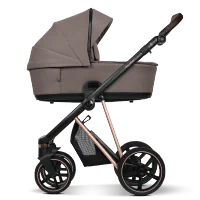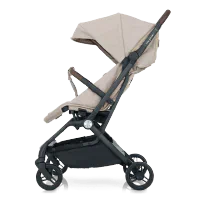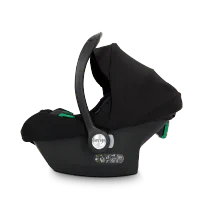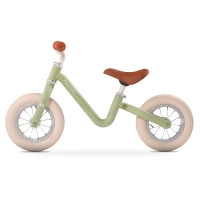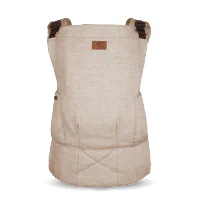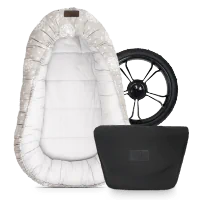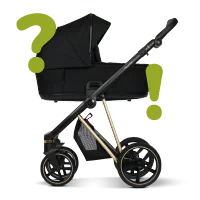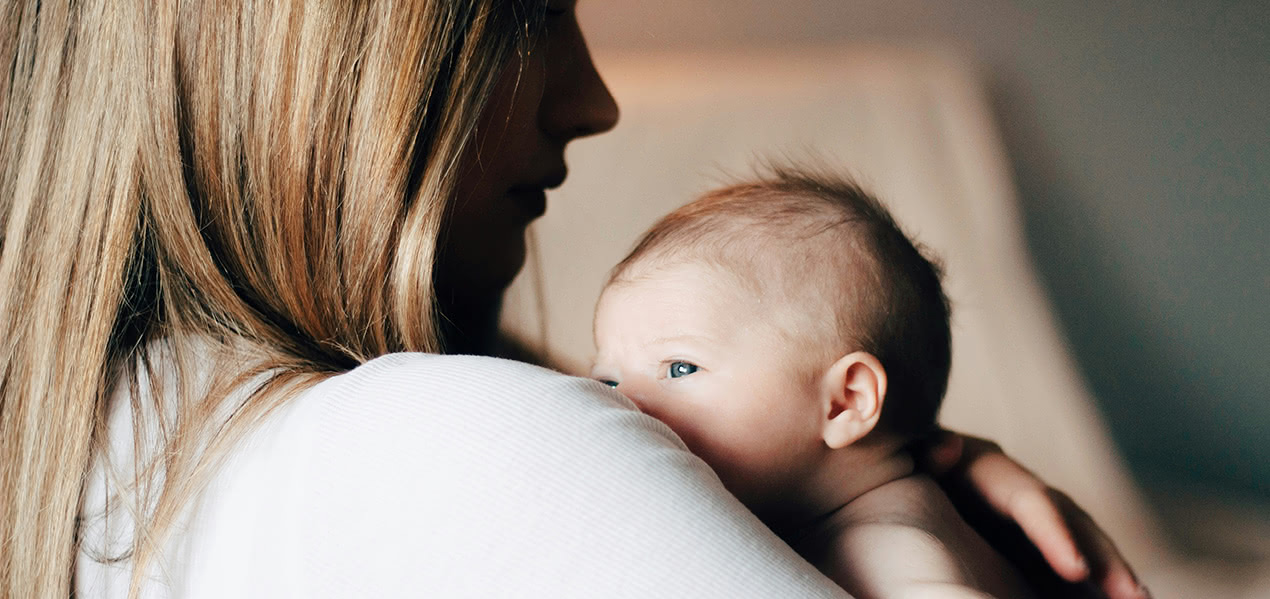
Fever in newborns or babies is not uncommon. Often it is no cause for concern either. Nevertheless, it is important to observe your little one very closely in such cases. As parents, it is important to Causes, symptoms and proper treatment of fever to know in newborns and babies. In this guide, you will find out everything you need to know in order to support your baby in the best possible way.
Causes of fever in newborns and babies
If your baby's temperature rises, there can be a variety of causes.
Infections
Newborns and babies are susceptible to infections that can lead to fever. Examples of this include respiratory infections, urinary tract infections, or infections in the gastrointestinal tract.
Vaccine reactions
After a vaccination, babies may develop a fever. This is a normal reaction of the immune system and no cause for concern. However, as always, it should be monitored.
Overheating
Babies can overheat quickly, especially in hot environments or if they are dressed too warmly. Therefore, always make sure that your baby is not too warm. You can easily check this by touching the back of their neck with your fingers. If it feels warm or hot and damp, your baby is too warm.
Symptoms of fever in newborns and babies
Fever or raised temperature rarely occurs on its own. As a rule, other symptoms also appear, which you should definitely keep an eye on.
Elevated body temperature
A body temperature above 38.5 degrees Celsius is considered a fever in babies.
Restlessness and irritability
Fever can lead to a changed mood and increased irritability in babies.
Reduced food intake
Babies with a fever often have less appetite and drink less. However, it is very important that babies with a fever drink plenty.
Additional symptoms
Fever may be accompanied by other symptoms such as cough, runny nose, or diarrhoea.
With what and how should you measure a fever?
There are classic fever thermometers or devices that measure temperature via the ear or forehead. With such a wide range available, it can be difficult to choose the right method.
Classic fever thermometer
A classic fever thermometer is most reliable, especially for infants. You get the most accurate reading if you measure carefully in the bottom. However, many babies do not like this very much. If you put a little cream on the tip of the thermometer, it will be a bit more comfortable for your baby.
Fever thermometer for ear or forehead
Whether in the ear or on the forehead, both devices are indeed more practical than a classic thermometer, but also less accurate. The ear canal of your little one is still very small, especially in the first few months. This makes an accurate measurement almost impossible. Therefore, wait until your baby is a little older before using such devices. However, you can of course use them as a guide.
When does my baby have a fever?
From when do babies actually have a fever? Many parents ask themselves this question, as the values differ from those of us adults. This table is intended to give you an overview.
| Your baby's normal temperature | 36.5 - 37.5 degrees |
| Elevated temperature | 37.6 - 38.4 degrees |
| Your baby has a fever | from 38.5 degrees |
| Your baby has a high fever | from 39 degrees |
From when do babies actually have a fever? Many parents ask themselves this question, as the values differ from those of us adults. This table is intended to give you an overview.
Treatment of fever in newborns and babies
Seeing your own baby suffer is very hard for parents. There is nothing you want more than to help your little bundle of joy. Try to keep the following points in mind to help your baby.
Rest and sleep
Babies need plenty of rest and sleep to recover from an illness. Make sure the environment is comfortable and quiet, and cuddle as much as you can. Your closeness helps your baby to fall asleep.
Fluid intake
Make sure your baby gets enough fluids to prevent dehydration. Your baby will probably drink less on their own. Therefore, try to breastfeed more often or offer a bottle more frequently.
Lower body temperature
Do not use fever-reducing medication without consulting a doctor. Instead, you can cool your baby down with lukewarm cloths or a lukewarm bath. A walk in the fresh air can also help.
When do I need to take my baby to the doctor?
Basically, the rule is that you whenever you are unsure, immediately contact your paediatrician should visit. For babies under three months old, you should seek medical advice immediately if their temperature is above 38 degrees. Otherwise, you should also consult a doctor., if your baby seems changed or particularly lethargic to you. The same applies if diarrhoea or a skin rash occur, or if your baby refuses to take fluids. If the temperature remains above 38.5 degrees for more than a day, you should also take your baby to the doctor.
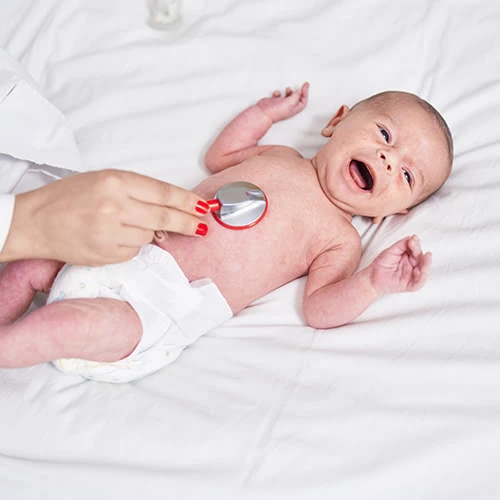
Fever in newborns and babies is common, but in most cases harmless. Nevertheless, it is important to know the causes and symptoms and to respond appropriately. If high fever persists or additional symptoms occur, you should always consult a doctor. Do not hesitate to seek medical advice beforehand if you are unsure. During this time, the most important thing for your baby is you. Your closeness and sense of security help your baby to feel better again soon.
More articles


my junior® is a pram manufacturer from Aachen. We have made it our mission to be your To accompany happiness and your Making everyday life with a baby easier. The my junior® range now includes various pushchair and buggy models, all of which have been thoroughly tested and certified. In addition to our lucky companions, we offer numerous accessories for everyday life with a baby. Our prams are developed together with midwives, physiotherapists, and experienced mums and dads developed and produced in Europe with great love and expertise.

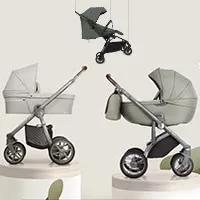 Pushchair
Pushchair 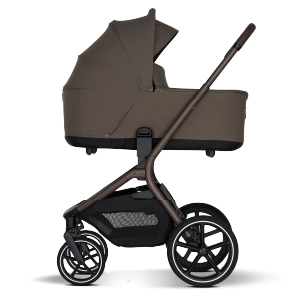 MAVI
MAVI 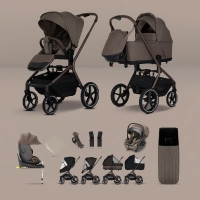 MAVI Bundle
MAVI Bundle 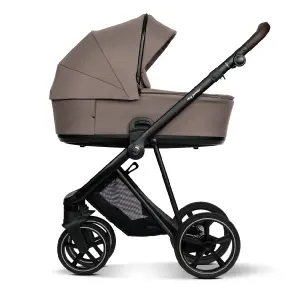 VIGO²
VIGO² 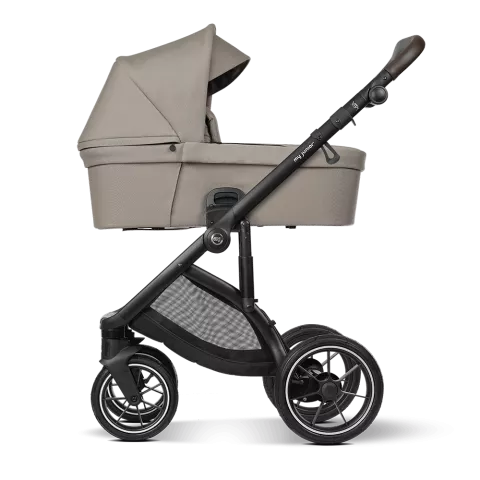 VITA unique³
VITA unique³ 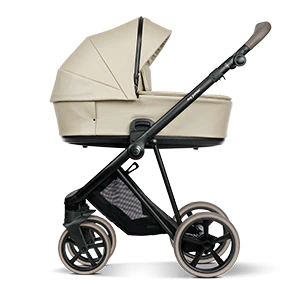 VIGO² Alcantara
VIGO² Alcantara 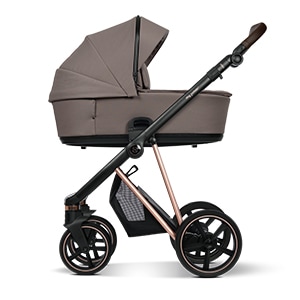 VIGO
VIGO 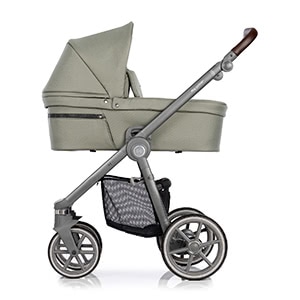 VITA HOPE
VITA HOPE 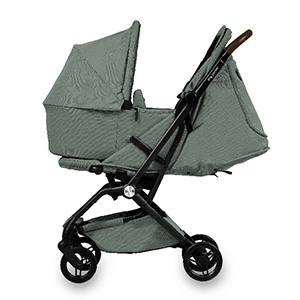 PICO³ with tub
PICO³ with tub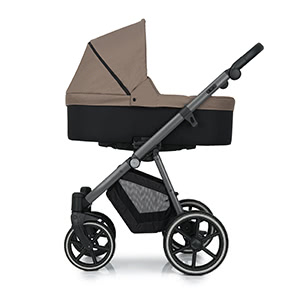 NOAX²
NOAX² 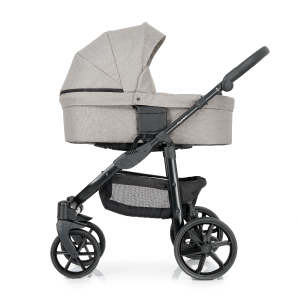 MIYO²
MIYO² 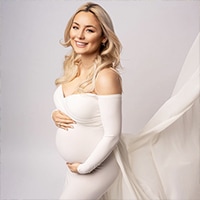 Pram tests
Pram tests 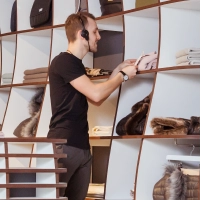 Consultation
Consultation 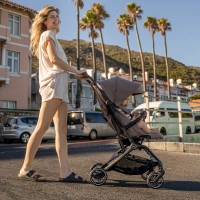 Buggies
Buggies 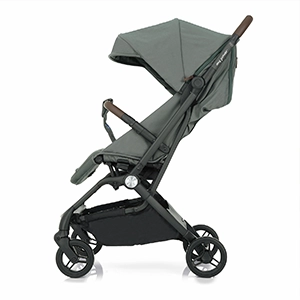 PICO³
PICO³ 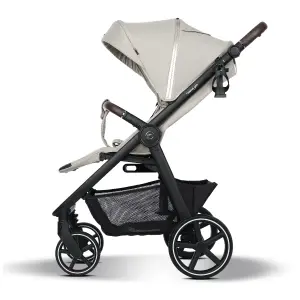 PLIA²
PLIA² 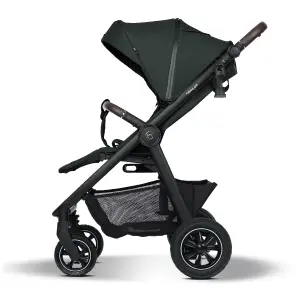 PLIA² Air
PLIA² Air 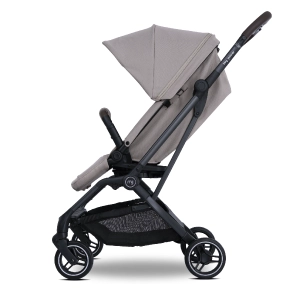 PICO³⁶⁰
PICO³⁶⁰ 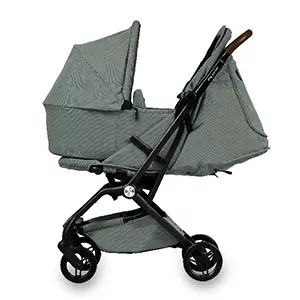 PICO³ with tub
PICO³ with tub 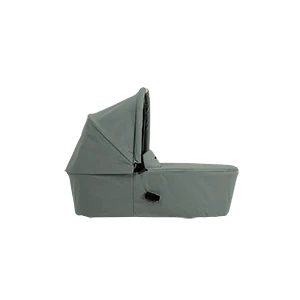 PICO tub
PICO tub 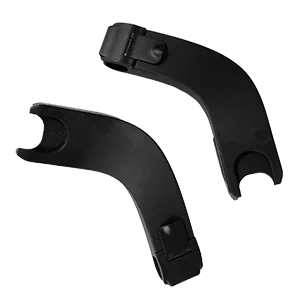 PICO infant car seat adapter
PICO infant car seat adapter 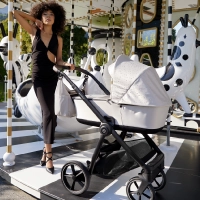 Limited Editions
Limited Editions 
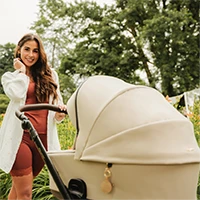
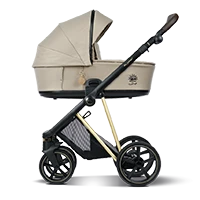
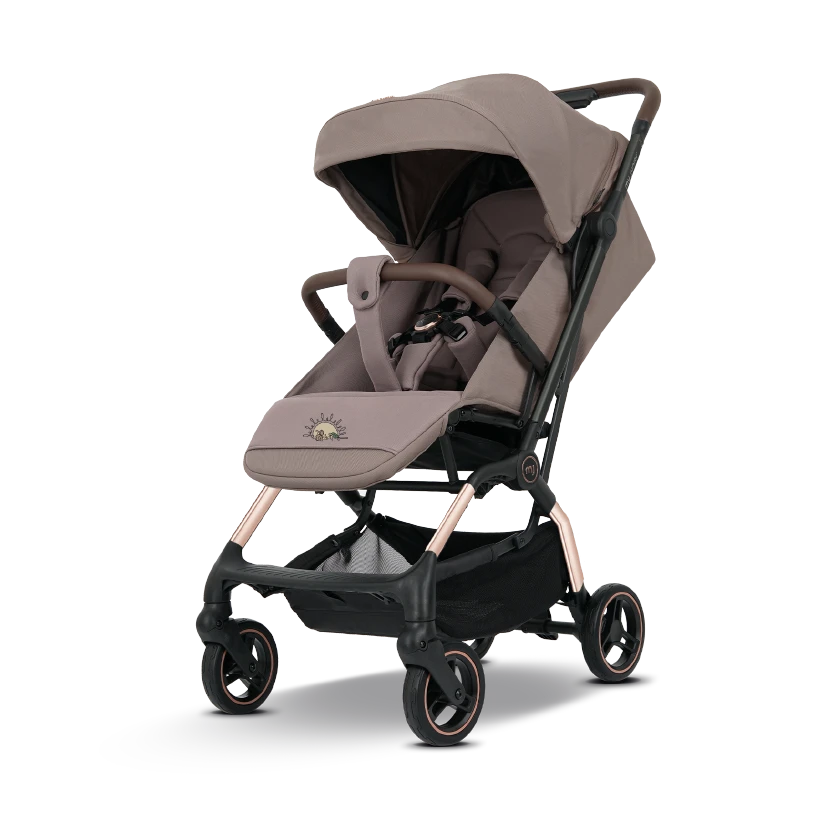
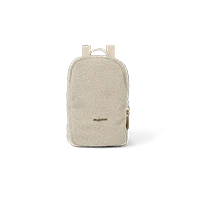
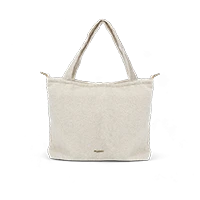
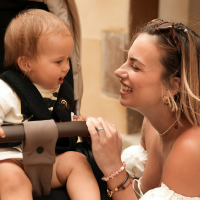
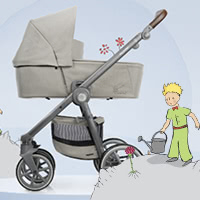
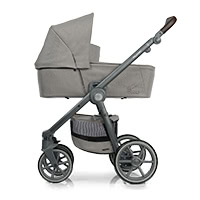
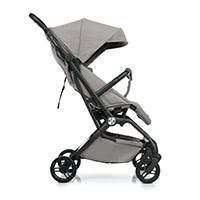
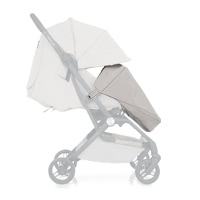
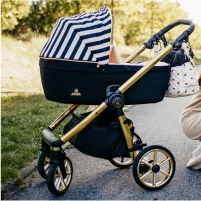
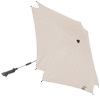 Limited Edition Parasol
Limited Edition Parasol 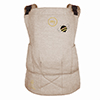 Limited Edition Baby Carrier
Limited Edition Baby Carrier 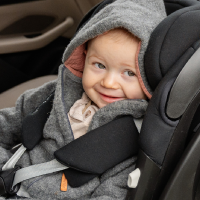 Child seats
Child seats 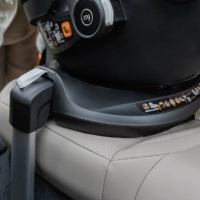 All Isofix Bases
All Isofix Bases 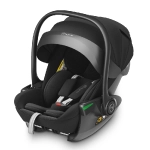 AURAᵉʳᵍᵒ
AURAᵉʳᵍᵒ 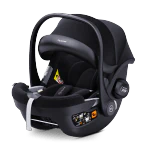 Aura Pro
Aura Pro 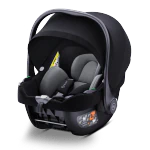 Beam
Beam 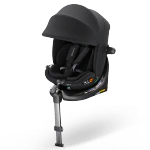 Cyro 360
Cyro 360 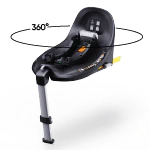 Base 360
Base 360 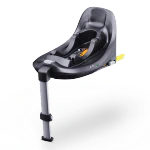 Base Static
Base Static 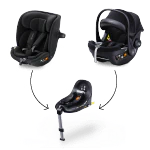 Capsule System
Bundle
Capsule System
Bundle 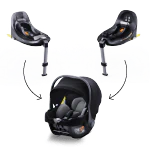 Beam Bundle
Beam Bundle 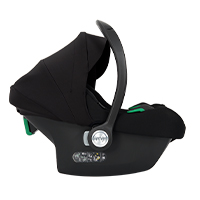 Avionaut Cosmo
Avionaut Cosmo 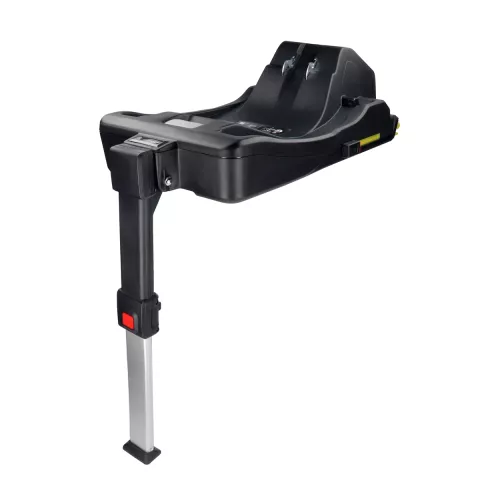
 Reviews
Reviews 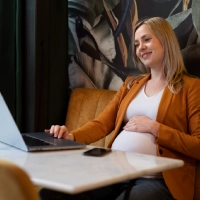 Read reviews
Read reviews  Write a review
Write a review 
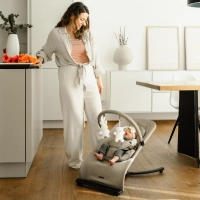 Home
Home  Fabric sample
Fabric sample 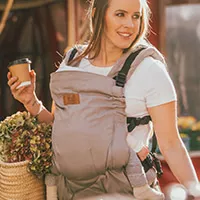 Baby carriers
Baby carriers 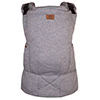 LUVA
LUVA  NAMI
NAMI 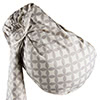 NAMI with ring
NAMI with ring 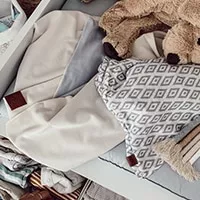 Accessories
Accessories  Vouchers
Vouchers  Discover my junior®
Discover my junior®  About us
About us  In your vicinity
In your vicinity  All my junior
All my junior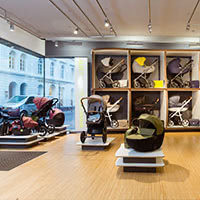 Flagship Store
Aachen
Flagship Store
Aachen 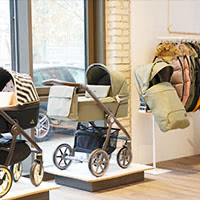 Flagship Store
Hamburg
Flagship Store
Hamburg 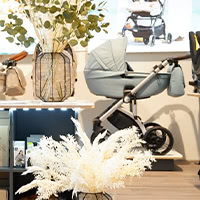 Flagship Store
Salzburg
Flagship Store
Salzburg  Flagship Store Binzen
Flagship Store Binzen
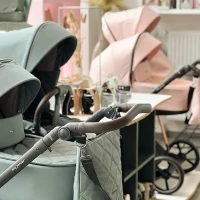 Flagship Store
Krefeld
Flagship Store
Krefeld 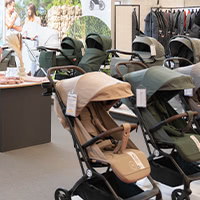 Studio Cologne
Studio Cologne 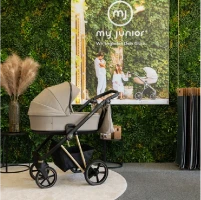 Studio Trier
Studio Trier  Studio Braunschweig
Studio Braunschweig
 Studio Metzingen
Studio Metzingen
 my junior® pram in
Switzerland
my junior® pram in
Switzerland 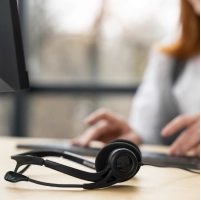 Help and Contact
Help and Contact 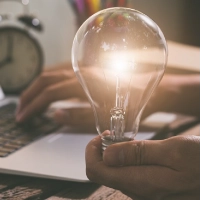 Useful
Useful 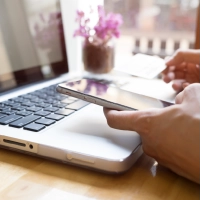 Career
Career  Press
Press 


